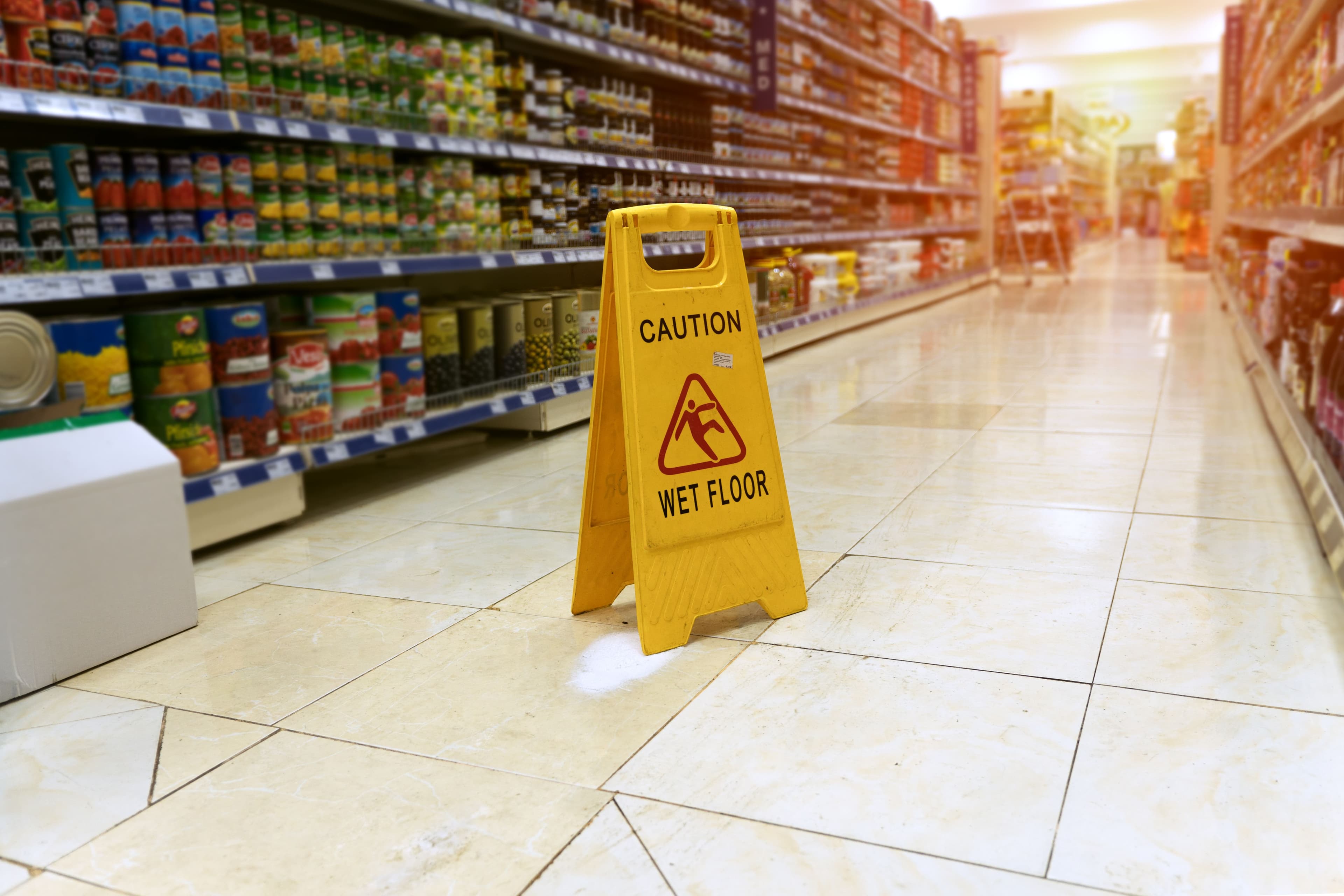


Learn how to prove negligence in Wisconsin slip and fall cases. Trial Lawyers of Wisconsin helps victims hold property owners accountable and recover full compensation.
A slip and fall accident may sound minor — but anyone who’s experienced one knows just how devastating it can be. A single misstep on a wet floor or icy walkway can result in broken bones, spinal injuries, concussions, or permanent disability.
In Wisconsin, slip and fall victims have the right to seek compensation when property owners fail to keep their premises safe. However, these cases can be complex. Insurance companies often argue that the fall was “your fault,” or that the hazard was “obvious.” To win, you must prove negligence — that someone else’s carelessness directly caused your injury.
At Trial Lawyers of Wisconsin, we’ve been helping injured people across the state for more than three decades. Our attorneys know exactly how to investigate slip and fall cases, prove fault, and fight for full and fair compensation.
Here’s how negligence is proven — and how we make sure property owners are held accountable for unsafe conditions.
Slip and fall cases fall under a broader legal category called premises liability. Under Wisconsin law, property owners, tenants, and managers have a legal duty to maintain safe premises for visitors.
This means they must:
If they fail to meet these responsibilities, they may be held liable when someone gets hurt.
The duty of care owed depends on the visitor’s status:
At Trial Lawyers of Wisconsin, we evaluate each case carefully to determine whether the property owner violated their duty — and how that failure led to your injury.
To win a slip and fall claim, you must prove four key elements of negligence:
Each element requires solid evidence, not assumptions. That’s where professional legal investigation becomes essential.
Wisconsin’s weather, aging infrastructure, and public spaces create many opportunities for falls. Some of the most common causes include:
Property owners can’t control the weather — but they can control how they respond to these conditions. Neglecting snow removal, ignoring maintenance issues, or failing to warn visitors are all examples of negligence.
Because property owners often deny fault, gathering evidence quickly is crucial. At Trial Lawyers of Wisconsin, we move fast to preserve proof before it disappears.
Key types of evidence include:
The sooner you contact a lawyer, the more evidence can be preserved. Property owners often repair or clean up hazards quickly — erasing proof of negligence.
Wisconsin uses a modified comparative negligence rule, meaning your compensation can be reduced if you’re found partly responsible for the fall.
For example:
Insurance companies love to use this rule to their advantage. They might argue that you:
At Trial Lawyers of Wisconsin, we anticipate these defenses and counter them with strong evidence — proving that the property owner’s negligence, not your actions, caused your injuries.
A successful case depends not only on proving fault but also on proving the extent of your injuries. That’s why seeking immediate medical attention is critical.
Your medical records help establish:
Our attorneys work closely with doctors, specialists, and medical experts to calculate the full value of your claim, including ongoing care, rehabilitation, and loss of quality of life.
Slip and fall injuries range from minor to life-altering. Common examples include:
Even a single fall can have lasting physical and emotional consequences — particularly for older adults.
Victims of negligence are entitled to compensation for both economic and non-economic losses, such as:
At Trial Lawyers of Wisconsin, we fight to ensure no loss is overlooked and no victim is pressured into an unfair settlement.
Property owners and insurance companies rarely admit fault voluntarily. They often hire defense teams to dispute every detail of your claim.
An experienced Wisconsin slip and fall lawyer will:
Trial Lawyers of Wisconsin prepares every case as if it’s going to court — and that commitment consistently leads to stronger settlements and verdicts.
For over 30 years, Trial Lawyers of Wisconsin has represented victims of dangerous property conditions statewide. We have recovered over $100 million for clients and built a reputation for fearless advocacy.
When you work with us, you get:
Our firm doesn’t back down from tough cases — we prepare, we fight, and we win.
Slip and fall accidents aren’t just bad luck — they’re often the result of negligence and carelessness that could have been prevented. Proving that negligence requires a clear understanding of Wisconsin law, detailed evidence, and an experienced legal team willing to take on insurance companies.
If you’ve been injured in a fall on someone else’s property, don’t let them blame you for their mistakes. Contact Trial Lawyers of Wisconsin today for a free consultation. We’ll help you prove what really happened and fight for the compensation you deserve — one case at a time.